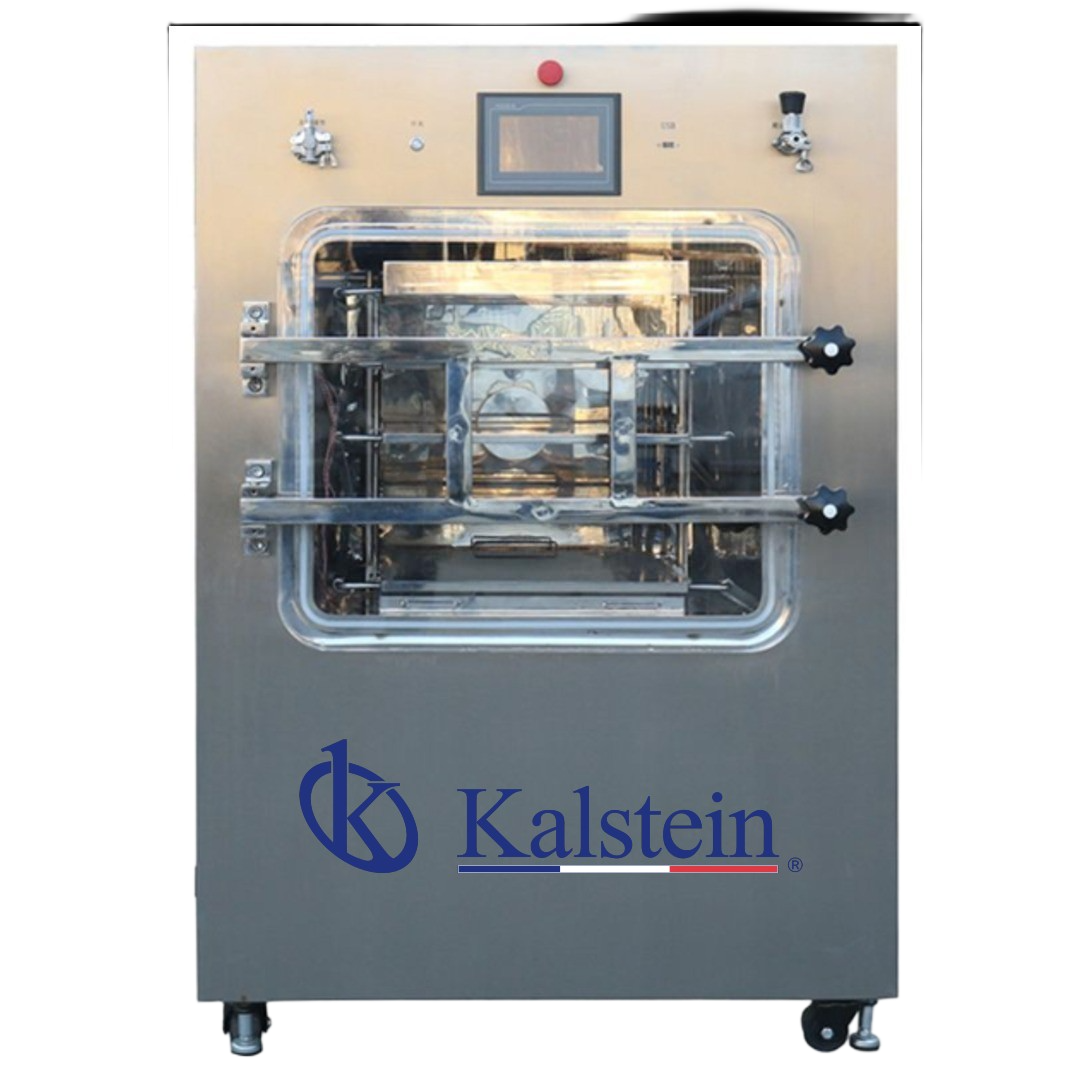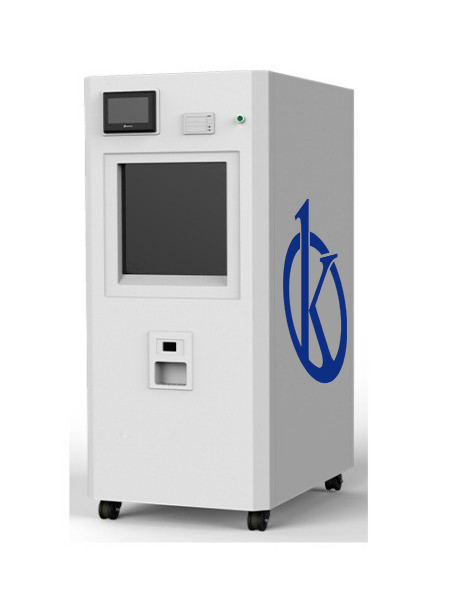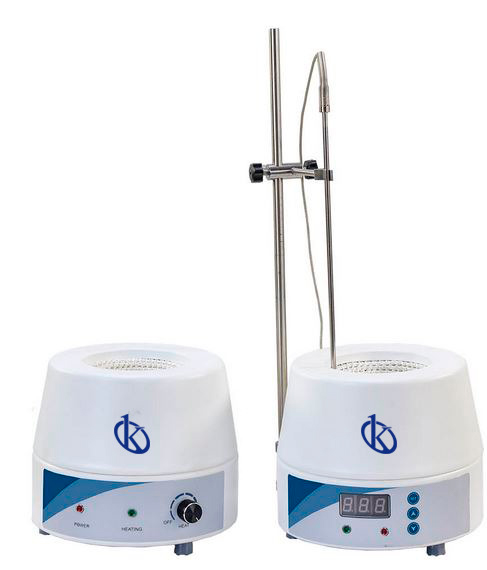Introduction to the Probiotic Cocktail
Dr. Hariom Yadav, a prominent researcher at the University of South Florida, is pioneering a novel approach to combat dementia and Alzheimer’s disease through a unique probiotic cocktail. This innovative blend of probiotics is designed to positively influence the gut microbiome, a vast community of microorganisms residing in the human gut, which plays a crucial role in overall health.
The Growing Challenge of Dementia
Dementia and Alzheimer’s disease are becoming increasingly prevalent, with projections indicating that the number of new dementia cases could double to nearly a million annually by 2060. This alarming trend underscores the urgent need for effective preventive measures. Dr. Yadav’s research focuses on the connection between gut health and brain health, exploring how disruptions in the gut microbiome can contribute to cognitive decline.
Research Findings and Potential Benefits
Dr. Yadav’s team has published two significant studies that highlight the potential of their probiotic cocktail as a novel therapy for reducing the risk of Alzheimer’s disease and other forms of dementia. Unlike existing medications that target brain mechanisms, this approach focuses on the gut. The studies, published in Scientific Reports, suggest that the cocktail could help lower the risk of Alzheimer’s by reducing harmful proteins, decreasing brain inflammation, and preserving the integrity of the blood-brain barrier.
Mechanism of Action
The probiotic cocktail comprises multiple strains of beneficial bacteria that support gut health. In experiments with mice, those that consumed the cocktail demonstrated improved cognitive performance in a “water maze” test, indicating enhanced memory and learning abilities. The cocktail also reduced the levels of proteins associated with sticky plaques in the brain, a hallmark of Alzheimer’s disease, and appeared to lower brain inflammation.
The Role of the Gut-Brain Connection
Dr. Yadav’s research emphasizes the critical link between gut health and brain health. A condition known as “leaky gut” allows harmful microorganisms to escape from the intestines into the bloodstream, leading to systemic inflammation. This inflammation can breach the blood-brain barrier, causing neuroinflammation and neuronal damage, which are key contributors to dementia.
Future Directions and Commercialization
The research team is optimistic about the potential of their probiotic cocktail and is exploring avenues for commercialization. They are in discussions with various companies to bring this innovative solution to market, pending successful clinical trials to confirm its efficacy in humans.
Implications for Early Intervention
Emerging evidence suggests that early interventions in Alzheimer’s disease can delay or prevent symptom progression. Dr. Yadav and his team advocate for the development of novel, disease-modifying treatments that can be implemented early in life to ensure long-term safety and effectiveness.
Understanding the Gut Virome
In addition to probiotics, the research also explores the role of gut viruses, or bacteriophages, in cognitive decline. These viruses interact with gut bacteria and may contribute to dementia. As people age, changes in the gut virome can lead to cognitive dysfunction, highlighting the importance of maintaining a healthy gut microbiome.
Conclusion
The findings from Dr. Yadav’s research offer promising insights into the prevention of dementia and Alzheimer’s disease through gut health. By targeting the gut microbiome, this probiotic cocktail represents a potential breakthrough in the fight against neurodegenerative conditions. As research continues, the hope is to develop a safe, effective, and easily implementable solution that can be integrated into daily dietary habits to promote cognitive health.
🔗 **Fuente:** https://medicalxpress.com/news/2025-05-probiotic-cocktail-ward-dementia.html




